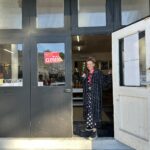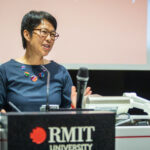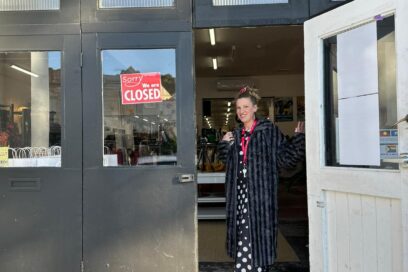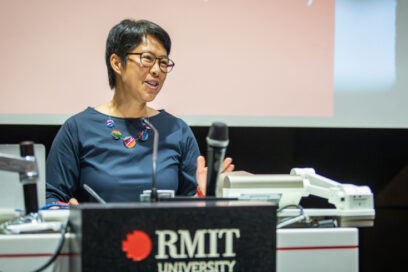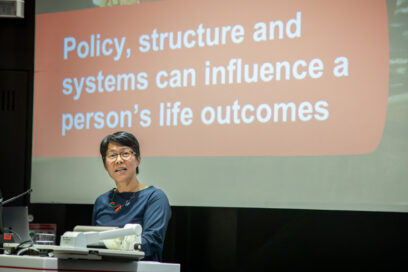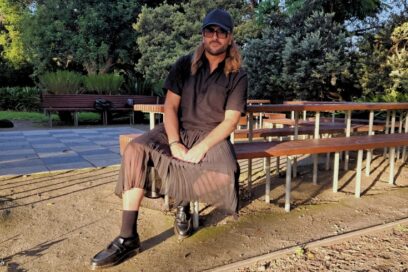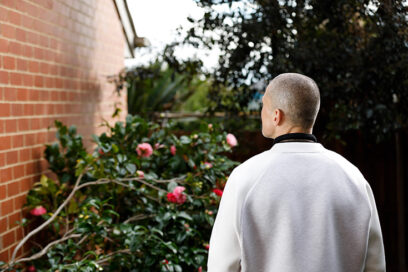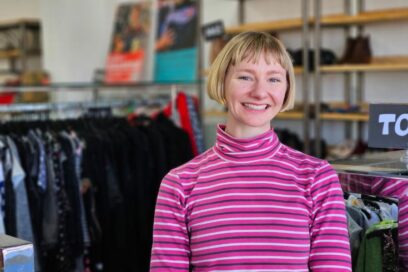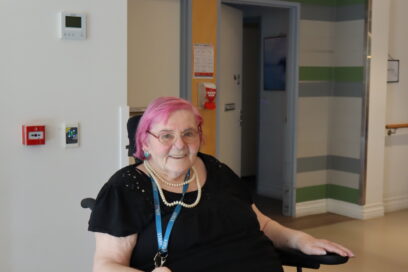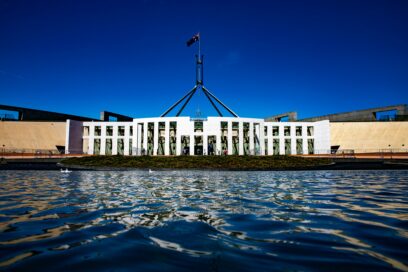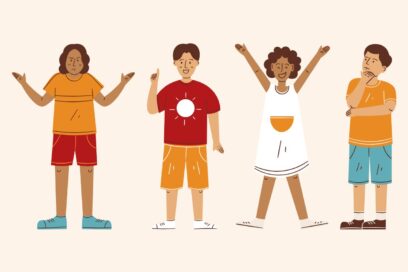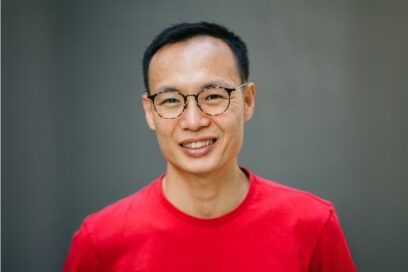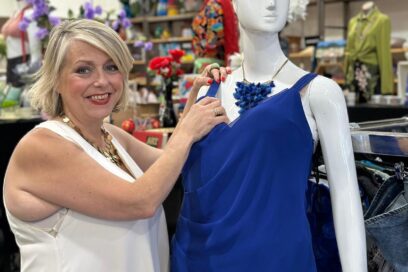By Belle Hann, (former) Pastoral Care Worker
Up until recently, Sacred Heart Mission’s Dining Hall was a lively place of welcome and hospitality. When COVID-19 restrictions arrived in Melbourne, staff like myself have been confronted with a new way of working.
Before, we could sit alongside people for a supportive chat, listening to their stories and maybe sharing a laugh.
Now, we are in assembly-line mode: handing out take-out meals with a brief “hello”.
We wear face shields, we carry hand-sanitiser, we remind people to keep 1.5 meters away. I appreciate that such measures are necessary and good; yet I can’t help but mourn that chaotic murmuring of the Grey Street Dining Hall.
Providing emotional support on the phone
As a pastoral care worker, my role is to provide spiritual and emotional support to clients inclusive of all faith traditions, including none. In this new model, I have been assigned the task of “social support” calls to a cohort of clients.
The phone calls offered something that I’d yearned for in the Dining Hall: uninterrupted and privileged time to be present to people without being pulled in many directions.
Though I am not a “phone person” I find these calls to offer opportunities for deeper engagement, as well as just checking in to see how people were coping within a very new and very weird Melbourne.
While clients expressed gratitude for these weekly calls, I am aware they only offered an approximation of community. Social support calls are also only really possible to people who have working phones and were available between scheduled times – not always realistic for people sleeping rough or with complex presentations.
Grief, change, family, footy and God
Sometimes, clients and I speak about lighter stuff. Interestingly, my offer of guided mindfulness has not been a popular option; “Why would I focus on the present moment?” quipped one client; “The present moment sucks!” Other times, we delve into the messy, heavy matters of life: grief, change, family, God, art, and, most urgently, hopes for the future.
Many clients at the Mission have experienced severe trauma and institutionalised abuse from religious people, making the context of spiritual care rather delicate. Some people I speak with profess a spirituality that is nourished by traditional religious language.
More often than not, however, clients describe their “sense of meaning” in less explicitly spiritual terms: art, nature, music, the footy.
Yet, even the most disaffiliated will occasionally speak of their sense of something ineffable and unquantifiable. “When I hear Barber’s Adagio for Strings, I…..” a client once told me, closing his eyes, and gesturing goosebumps on his arms. Maybe that is spirituality. Maybe that’s something beyond the self, like the loosely-defined “higher power” of AA.
Some clients discover new skills during COVID-19
One client Matthew* lives alone and COVID has only increased his isolation. He has also discovered a new passion for digital painting. He has started using a new computer program, and he shares his work with me via text message. Most of the time we speak, he has a new frustration with the computer program he uses.
Matthew also has some physical difficulties which make iPads a little tricky to navigate. However, within his venting, I am able to hear something that perhaps he is currently unable to: that Matthew is now identifying himself as an artist, and not as a person with mental health and polysubstance challenges.
Others are hungry to re-connect
Another client, Bill* describes on the phone how much he grieves the loss of the Dining Hall community. A self-described creature of habit, he misses having someone to talk to each day. Friendly conversation that gave welcome reprieve from his inner monologue that could at times be populated with unfriendly visitors.
Over time, it became clear that Bill’s sense of loss was more than just about social inclusion. The Dining Hall community was a place where he had a feeling he was safe to be his authentic self, a place where he could truly be “seen”.
After a few weeks of serving take-out meals, I had started to notice something unusual.
We open the meals service at 10am, yet I see people outside waiting from as early as 8am. They knew the drill. They knew that there was no need to line up early, that they wouldn’t miss out on a meal. So why stand in a queue so early, particularly in the chilly Melbourne mornings?
I asked Bill what this was about. He said that people are simply just lonely.
He said that the people gathered liked being together, where they knew each other’s names, and even a little bit about each other’s stories. They were spatially distanced, and wore their face masks, but this didn’t mean they were “socially-distanced”.
That ad-hoc group queuing for a meal was hungry for something beyond a take-out meal. It was their way to connect with others.
Plagues and epidemics are nothing new to human history, though I doubt many of us anticipated being in the midst of one in 2020. I can only hope that this unusual time might lead to some internal shift, a ‘new normal’.
If nothing else, COVID continues to ask questions of all of us. What happens next? What are our obligations to each other, especially the most vulnerable? What will get us up in the morning?
This article first appeared in Council to Homeless Persons’ Parity magazine, titled ‘Shelter from the Storm: Responding to Homelessness under COVID-19’.


